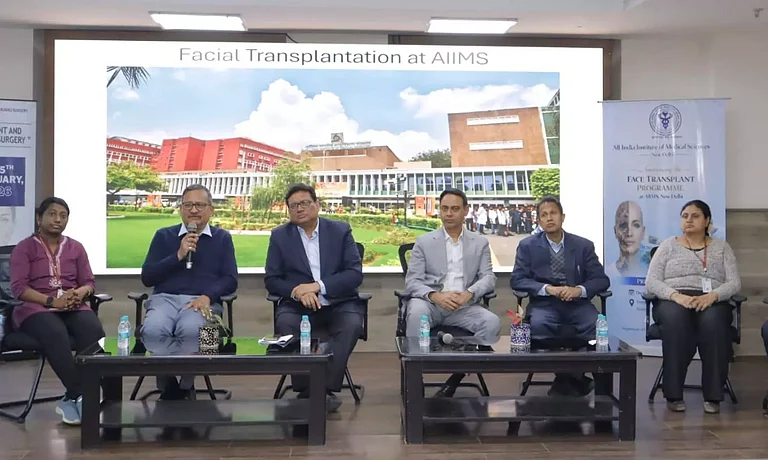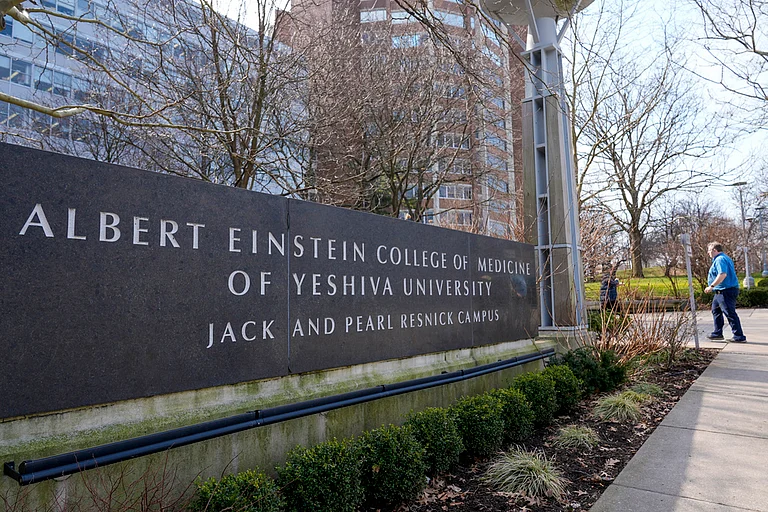Doctors at Massachusetts General Hospital (MGH) have successfully transplanted a genetically modified pig kidney into a 62-year-old man, marking a significant step forward in xenotransplantation - the use of animal organs in human patients.
This surgery, performed on Richard "Rick" Slayman, represents a major milestone in the fight against organ shortage. Over 100,000 people in the US alone wait for a life-saving kidney transplant, with thousands tragically succumbing before receiving one.

Genetically Modified Pig Kidney Offers New Option
Slayman's transplanted kidney came from a pig specifically bred by eGenesis of Cambridge, Massachusetts. The pig underwent genetic modification to remove genes incompatible with the human body and introduce human genes to enhance acceptance. This approach aims to overcome the historical barrier of human immune system rejection of animal organs.
Promising Results, More Research Needed
Early signs are positive. The transplanted kidney began producing urine shortly after surgery, and Slayman is recovering well. However, doctors remain cautious, emphasizing the need for further studies with more patients to establish the long-term viability of this technique.
Compassionate Use Offers Hope for Desperate Patients
The medical community is optimistic. Dr. Parsia Vagefi, a leading transplant surgeon, hails this achievement as "a big step forward." He, along with the MGH team, acknowledges the need for broader research before widespread adoption.
Slayman's case highlights the urgency for new solutions. He previously received a kidney transplant but faced complications requiring frequent, difficult dialysis procedures. The FDA granted special permission under "compassionate use" rules, allowing him access to this experimental treatment.

The Future of Xenotransplantation
This successful transplant paves the way for a future where genetically modified animal organs bridge the gap in organ availability. With continued research and successful outcomes, xenotransplantation has the potential to save countless lives.





























